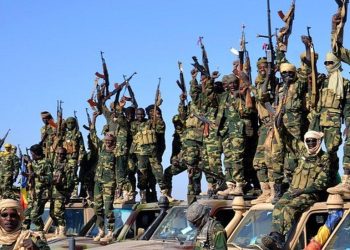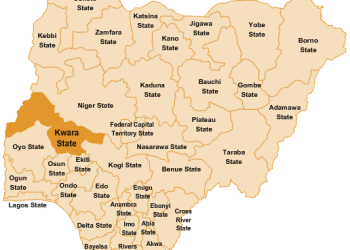The Amnesty International report is another wake-up call to stop the violence
In its latest report, Amnesty International has chronicled widespread killings by state and non-state actors in the Southeast, especially in the last 10 years. Titled, ‘A Decade of Impunity: Attacks and Unlawful Killings in Southeast Nigeria’, the chilling report recommends a thorough investigation by relevant authorities so that the perpetrators could be brought to justice. According to the Nigerian Director of Amnesty International, Isa Sanusi, “persistent failure of government to address the security crisis in the country’s Southeast region has created a free-for-all reign of impunity” which have led to “serious human rights violations and killed at least 1,844 people between January 2021 and June 2023.”
These “unlawful killings, torture, enforced disappearances and arbitrary arrests at the hands of rampaging gunmen, state-backed paramilitary outfits, vigilante, criminal gangs and cults groups,” according to the Amnesty International report, “provides the authorities with adequate leads to open an investigation that will end the impunity and provide victims with justice.” But despite the scale of the atrocities against the people, Sanusi concluded that “justice and adequate reparations have eluded victims of the violence.”
We hope that the authorities will work with the report. First, on law enforcement, no matter the extent of provocation, a person in uniform must not resort to taking the law into their own hands. But while the federal government must deal with the impression that those who carry arms on behalf of the state are licensed to act above the law, the security picture in the Southeast is far more complex. In recent years, hoodlums, masquerading as ‘unknown gunmen’, have killed hundreds of people, including personnel of the army, police, civil defence and civilians. At the height of the madness, dozens of these innocent victims were summarily executed on the street. Facilities belonging to the Independent National Electoral Commission (INEC), security agencies, in addition to private property, were also attacked and destroyed.
Since August 2021, the Indigenous People of Biafra (IPOB) has imposed its sit-at-home order in the Southeast region every Monday. On that day, roads are usually deserted in major towns in the five states of Imo, Abia, Anambra, Enugu and Ebonyi. Although it has eased considerably in recent years, this weekly act of protest has morphed into a recurring cycle of fear, economic paralysis, and tragic violence. During the lockdowns, businesses, offices, markets, and other essential services are compelled to remain closed. Urban streets, interstate highways and sometimes schools are also usually deserted. At a point, the five governors hurriedly met and announced the formation of ‘Ebube Agu’, a regional security outfit. But the chairman, Brigadier General Obi Umahi (rtd) was soon to resign for lack of attention to the organisation.
Initially conceived as a display of civil disobedience to demand the release of IPOB’s detained leader, Nnamdi Kanu, these Monday shutdowns, as detailed by SBM Intelligence report in May this year, highlight how what began as a symbolic gesture of solidarity quickly descended into a far more complex and coercive reality. The analysis also underscores the sinister role of heavily armed elements—often referred to in hushed tones as ‘unknown gunmen’—in enforcing compliance. The report details numerous incidents where these groups—whose allegiances and motives, according to the SBM report, remain dangerously opaque—have been responsible for brutal enforcement, dishing out violence, and destroying the property of those who dare to defy the Monday lockdown.
Meanwhile, the Amnesty International report should be another wake-up call for all critical stakeholders to work together to stop the killings. But the ultimate responsibility lies with the federal government that should come out with a winning strategy to deal with this lingering security challenge in the Southeast.














































